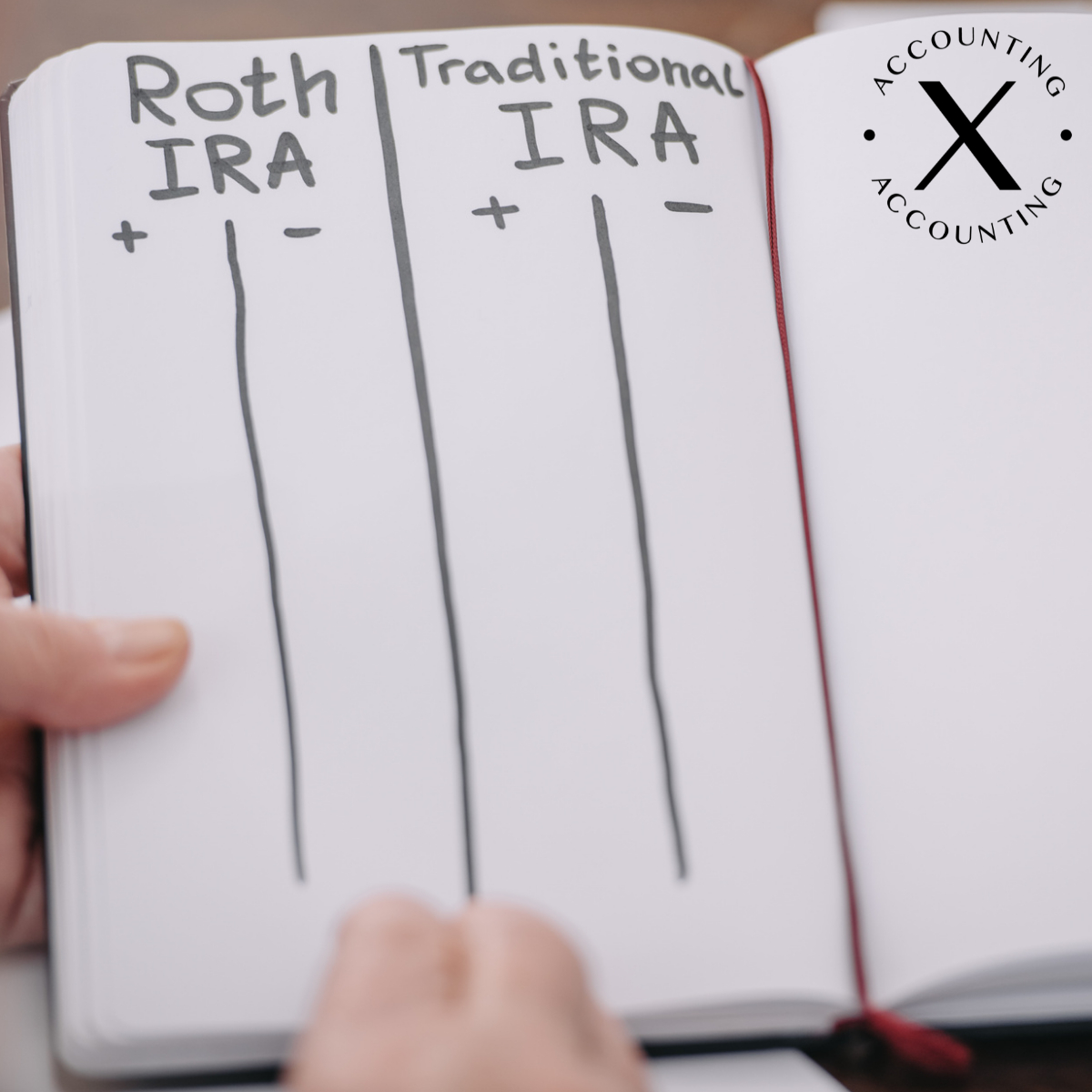Saving money for the future is super important, but figuring out the best way to do it can be confusing. Two popular options are 401(k) and IRA, but what’s the difference between them?
Let’s break it down.
401(k):
- It’s typically offered by employers.
- You can contribute money from your paycheck before taxes are taken out, which means you pay taxes on it later when you withdraw it.
- Employers often match a portion of your contributions, which is like getting free money!
- There are limits on how much you can contribute each year, set by the government.
- You usually have limited investment options chosen by your employer.
IRA (Individual Retirement Account):
- You open an IRA on your own, not through your employer.
- There are different types of IRAs, like traditional and Roth. With a traditional IRA, you contribute money before taxes like a 401(k), but with a Roth IRA, you contribute after-tax money, and then you don’t pay taxes on withdrawals in retirement.
- You have more control over your investment choices with an IRA. You can choose from a wide range of investments like stocks, bonds, or mutual funds.
- The contribution limits for IRAs are also set by the government, but they’re separate from 401(k) limits.
So, which one is better?
It depends on your situation. If your employer offers a 401(k) match, that’s often a great deal and you should take advantage of it. But if you want more control over your investments or if your employer doesn’t offer a 401(k), an IRA might be the better choice.
Remember, saving for retirement is a marathon, not a sprint. Starting early and saving consistently can make a big difference in the long run. Talk to a financial advisor to help you decide which option is best for you.
